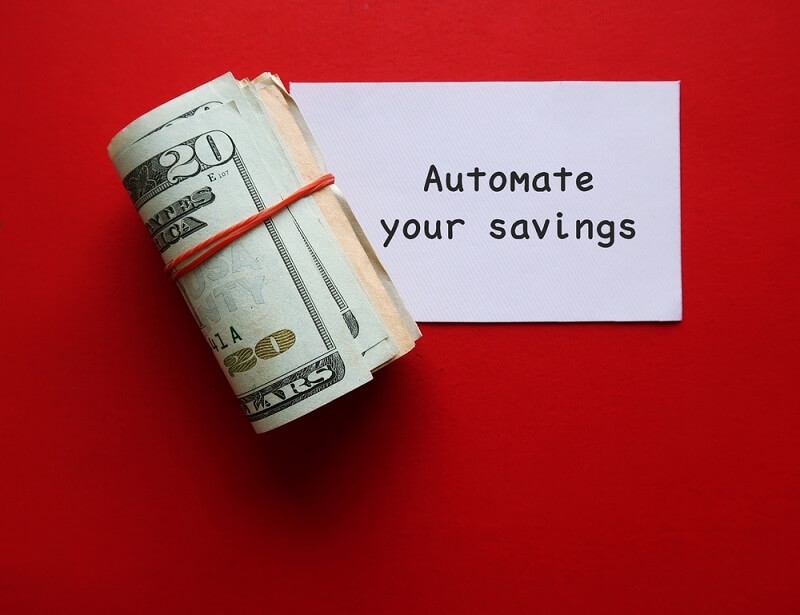
Despite what you may think, anything can happen in life. Some unexpected circumstances may require you to get cash easily and quickly. A high emergency medical bill, a surprise car repair, or anything else unplanned can come up anytime. Finding innovative ways to save money fast for an emergency can help you stay afloat without debt and have a safety net in your budget, even if you are currently low on funds.
This guide provides a thorough lesson on quickly saving tips, urgent saving strategies, and fast saving hacks. Whether you need to save for an emergency or are trying to figure out how to manage saving money while broke, these strategies will work for you and help you get ahead fast.
When emergencies arise, borrowing is usually the only option people have available. For example, loans and credit cards often accompany high interest rates and create long-term financial pressure. Focusing on defending against emergencies through saving gives you back control without adding further debt.
Even with a low income, you can still feel urgency and implement practical savings. Emergency savings allow you to work toward an emergency fund level, adding peace of mind. You need to actualize to make things happen quickly, act on small changes that add up, and be committed to your 'new normal' until you accomplish your goal.
Knowing what you’re investing in is essential before making any decisions. A specific goal provides motivation and helps you measure your progress.
When your goal is obvious, every dollar saved feels like a win.
Saving money quickly means spending less. Many people don’t realize how much money goes to non-essential items.
When combined, even minor cuts can free up money comparatively.
A spending freeze is one of the best quick savings hacks for immediate situations.
You will build discipline while growing your savings quickly!
Many people have things lying around the house that they don't use—clothes, electronics, furniture, and even tools.
Selling stuff is an effective way to save fast, and it declutters your life as well.

If you wait until the end of the month to save, chances are, there will be nothing left. The best solution is to pay yourself first.
Automation removes the temptation to spend and ensures steady progress.
Cutting monthly bills is an actionable way to generate some extra money.
These regular decisions build savings over days/weeks/months.
If cutting expenses isn’t enough, earning extra cash can speed up your savings.
Pairing extra income with reduced spending is the fastest way to meet urgent needs.
Sometimes, extra cash comes in the form of gifts, refunds, or bonuses. Instead of spending it, could you put it directly toward your urgent goal?
This simple strategy builds your emergency fund faster than you think.
Using cash makes you more aware of your spending.
This method supports control of small everyday purchases that are usually not noted.
A "bare-bones budget" can help you save a lot when working under time constraints and needing urgent financial savings.
This is a strict approach, but it is very effective for saving time in a time-deficient manner.
You might need money quickly, and borrowing can be tempting... however, creating new debt often creates more stress.
Additional debt will ensure your short-term emergency doesn’t materialize into a long-term disaster.
Once your urgent goal is met, don’t stop. Keep applying these habits to build a stronger financial future.
You'll always feel prepared by turning urgent saving strategies into long-term habits.
Even with the best intentions, people often fall into traps that delay their progress. Avoid these pitfalls:
Awareness helps you stay focused and motivated.
Emergencies can strike without warning, so there is great value in finding creative ways to save cash quickly for unexpected expenses. You can approach your next emergency expense debt-free by combining a few saving hacks, tips, and methods.
Remember, the aim of developing your emergency fund is not to be perfect—it's to take steps. Now, you may cook at home more often and sell things you don't use. Even a small effort makes a huge difference to your finances when money is tight! When you have created a savings habit, the stress of figuring out where money will come from is relieved. Saving becomes just another part of your monthly expenses.
The best time to start saving is now! Take back your life with the security and comfort of not spending money you don't have.
This content was created by AI